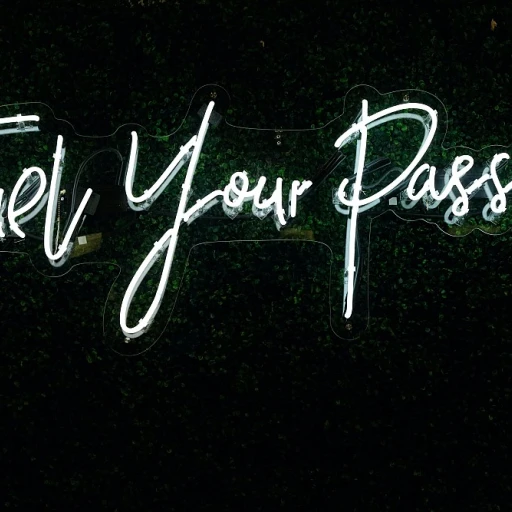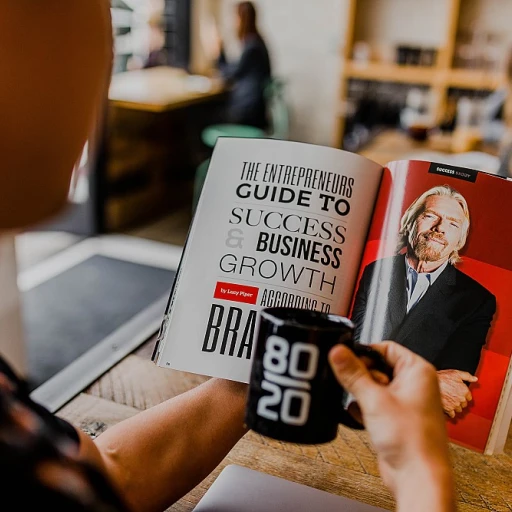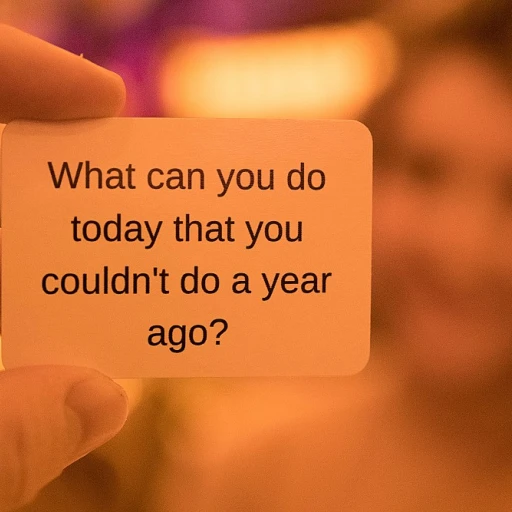
The Role of HR in Interviews
The Essence of HR's Role in the Hiring Process
As an applicant navigating the hiring landscape, it is essential to comprehend the critical function that Human Resources (HR) plays during an interview. This understanding will not only help you tailor your interview answers effectively, but also enable you to appreciate the broader process within which your career development unfolds.
HR professionals are key players not just in hiring but in resources management and ensuring the seamless integration of a new employee into the organization. They're often tasked with assessing both your technical skills and how well you would fit into the company culture. In essence, HR's role is multifaceted, revolving around resource-driven decision-making and fostering effective employee relations.
The HR team is instrumental in identifying whether a candidate possesses the desired attributes and experience needed to contribute positively to the business. Through a series of structured interviews, they evaluate the match between the candidate's skills and long-term goals with the needs of the organization.
Apart from evaluating the technical qualifications, HR interviews often delve into behavioral and cultural fit questions, probing into your past experiences and how they shape your potential as a team player. For a deeper understanding of how these questions are positioned and tackled, consider our upcoming sections, which will address topics like behavioral inquiries and the importance of cultural alignment.
Decoding Common HR Interview Questions
Unpacking the Most Common HR Interview Questions
When stepping into an HR job interview, candidates often encounter a set of frequently asked questions that aim to assess their suitability for the role. These questions are designed to evaluate various aspects of a candidate's potential contribution to the organization, from their understanding of human resources to their ability to handle complex employee relations scenarios.
Understanding these questions can significantly enhance your interview process and help you prepare interview answers that resonate with the interviewers. Here are some of the most common questions you might face:
- "Can you describe a time when you had to manage a difficult employee situation?" – This question tests your resources management skills and your ability to maintain a positive employee experience. Highlight your approach to change management and conflict resolution.
- "How do you stay updated with the latest trends in HR?" – Here, interviewers are looking for your commitment to continuous learning and your engagement with people analytics and digital marketing trends that impact HR.
- "What strategies do you use to ensure a good cultural fit when hiring?" – This question assesses your understanding of cultural fit and your ability to align new hires with the company's values and long-term goals.
To master these questions, it's crucial to reflect on your past experiences and prepare specific examples that showcase your skills and achievements. This preparation will not only help you articulate your thoughts clearly but also demonstrate your readiness to contribute to the business and its team.
For more insights on handling these questions effectively, consider exploring our guide on mastering the art of outboarding in HR job interviews. This resource offers valuable strategies to enhance your interview performance and secure your desired role in human resource management.
Behavioral Questions and How to Tackle Them
The Role of Behavioral Questions in HR Interviews
Behavioral questions are a staple in HR interviews, designed to assess how you might handle certain situations based on your past experiences. These questions are often structured around the concept of "describe a time" in your career when you faced a specific challenge. The idea is to gauge your problem-solving skills, work ethic, and how well you align with the company's values. Some common questions you might encounter include:- "Can you describe a time when you had to manage conflict within a team?"
- "Tell us about a moment when you implemented a change management strategy that enhanced an employee experience."
Technical Questions in HR Interviews
Navigating Technical Questions and Demonstrating Expertise
Technical questions in HR interviews are designed to assess your understanding of human resources concepts and your ability to apply them in real-world scenarios. These questions often delve into resource management, employee relations, and change management among others, depending on the specific focus of the HR role you're aiming for. Understanding how to effectively answer these questions is crucial:- Know Your Resources: Be familiar with the latest HR tools and technologies that support the employee experience – people analytics, digital marketing for HR, and resource management platforms. Your interviewer will likely probe your knowledge in these areas to ensure you can contribute effectively to the team.
- Connect Theory to Practice: Interviewers will expect you to translate HR theories into actionable strategies. For example, when asked about your approach to employee relations or team management, reference real-life scenarios where you've successfully implemented a human resource strategy. Illustrate your answers with specific examples, perhaps describing a time when you managed a significant organizational change.
- Addressing Common Questions: Prepare for frequently asked questions like "How do you handle conflict within a team?" or "Describe a time when you improved a process." These questions test your ability to handle real-world HR challenges. Frame your responses to show your problem-solving skills and long-term vision for resource and employee management.
Cultural Fit and HR Interviews
Aligning with the Company Culture
Understanding the organizational culture is pivotal when it comes to HR job interviews. Companies are not just looking for individuals with the right skills but also candidates who resonate with the existing culture. The rationale behind these interviews is not only to fill a position but also to enhance the overall employee experience within the team. Cultural fit questions are frequently asked to determine whether your values align well with those of the company. They give insight into whether you are inclined to be a team player and how you manage relationships with fellow employees. Assessing Cultural Fit- Describe Your Work Environment: A common question might be asking you to describe a time when you contributed to improving the workplace culture. Your answer should reflect your awareness of both tangible and intangible cultural aspects within a company.
- Adaptability and Change Management: Companies often look for candidates adept at change management. They might request examples of how you handled change in a previous organization, emphasizing your flexibility and problem-solving skills.
- Long-term Resource Management: Your ability to foresee changes and adapt resources management strategies is crucial. HR professionals should display a commitment to nurturing employee relations in the long term.
Preparing for HR Interviews: Best Practices
Proven Strategies to Ace HR Interviews
Preparing for an HR job interview can be daunting, but with the right approach, you can increase your chances of success. Here's how to prepare effectively for the HR interview process, ensuring you make a strong impression on potential employers.- Research the Company: Understand the organization, its culture, and its business objectives. This helps tailor your answers to align with the company's goals, making you appear as a strong fit for the team.
- Practice Common Questions: Familiarize yourself with frequently asked questions in HR interviews. Being prepared to discuss topics like resource management or employee relations showcases your expertise.
- Develop Your Storytelling Skills: Use the STAR method (Situation, Task, Action, Result) to describe a time when you successfully managed a team or implemented change management strategies. This highlights your practical experience and ability to contribute to the organization.
- Emphasize Your Technical Skills: Whether it involves digital marketing skills or a systematic approach to people analytics, be ready to discuss your technical abilities and how they can benefit the employer.
- Highlight Your Soft Skills: Being a team player and effective communicator is crucial in HR roles. Prepare to discuss how you handle employee experience or foster a positive work environment.
- Prepare for Behavioral Questions: Reflect on past experiences where you exhibited leadership or resolved conflicts. Clear, concise examples exhibit your problem-solving capabilities and fit with the company's culture.
- Plan Your Interview Answers: Structure your responses to anticipated questions, balancing confidence and humility. This preparation ensures you convey your value effectively and concisely.
- Time Management: Manage your time wisely during the interview, remaining mindful of how long your answers take. Striking a balance allows you to cover all necessary points without overwhelming the interviewers.













